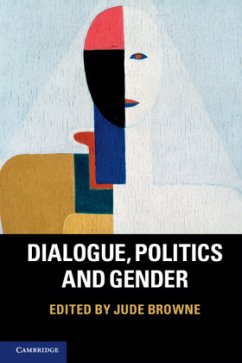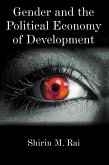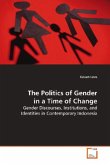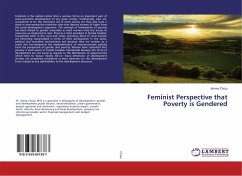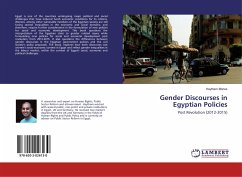Dialogue is promoted by its supporters as a pluralising force capable of accommodating the moral disagreement inevitable in every sphere of human society, but this promise is widely and vehemently challenged. How are we to determine the principles upon which the dialogical exchange should take place? How should we think of ourselves as interlocutors? Should we associate dialogue with the desire for consensus? How should we determine decision-making? What are the gender dynamics of dialogical politics and how much do they matter? This book brings together internationally recognised expert authors from the fields of political and social theory, political philosophy and international relations to consider these controversial questions anew from a range of theoretical positions. The differences of opinions and clashes of views make for a fascinating and highly informative read.
Hinweis: Dieser Artikel kann nur an eine deutsche Lieferadresse ausgeliefert werden.
Hinweis: Dieser Artikel kann nur an eine deutsche Lieferadresse ausgeliefert werden.
'The chapters in this volume enable readers to engage with a set of interconnected issues and problems around dialogue, politics and gender, and to explore the potential contribution of 'dialogue' to emancipatory politics. Linking high-level critical discussion to live social and political issues, it represents a serious and stimulating contribution to contemporary debates.' Valerie Bryson, University of Huddersfield

